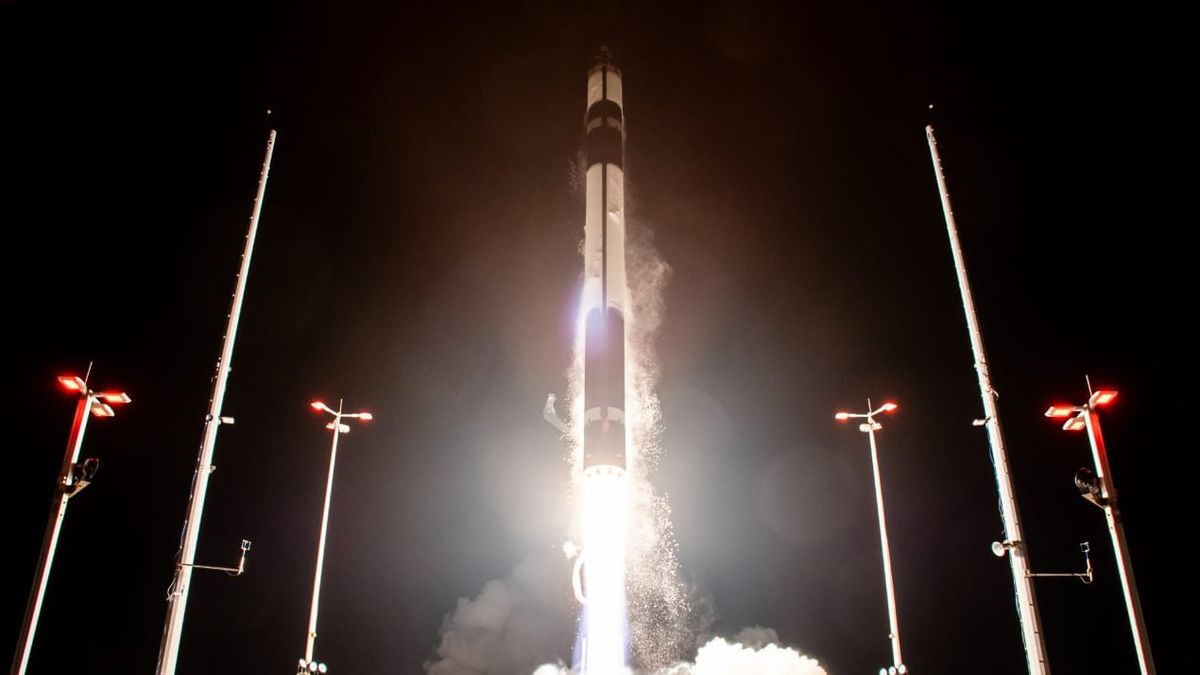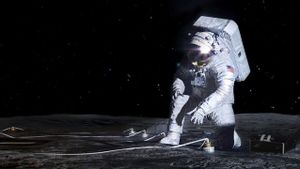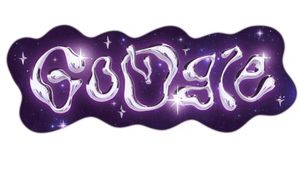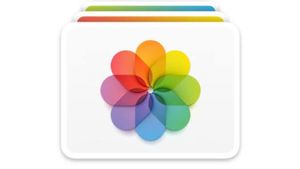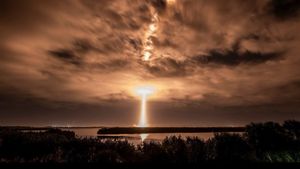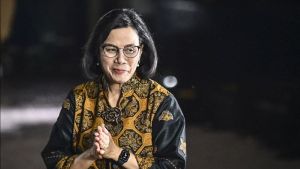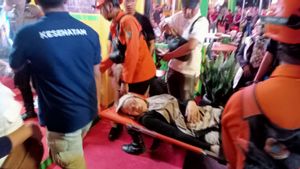JAKARTA Rocket Lab, aerospace company from the United States, will launch the NEONSAT-1 and ACS3 satellites on the Beginning Of The Swarm mission. These two technologies will be flown on April 24.NEONSAT-1 and ACS3 will launch from Rocket Lab Launch Complex 1 in Mahia, New Zealand using an Electron rocket. Although the launch date has been set, the launch window will be opened for 14 days. Electron's main charge, NEONSAT-1, is a satellite that will be used to observe Earth. The satellite was developed by the Satellite Technology Research Center (SaTREC), part of South Korea's Advanced Science and Technology Institute (KAIST). As one of the leading universities in South Korea, particularly in science and technology, KAIST is determined in making high-resolution optical satellites. They have also successfully launched the first satellite 30 years ago. Now, they created NEONSAT-1 to monitor natural disasters along the Korean Peninsula. KAIST also paired its image with Artificial Intelligence (AI) so that the NEONSAT-1 satellite could be much better than the first satellites they made.
SEE ALSO:
Meanwhile, the Advanced Composite Solar Sail System (ACS3) developed by NASA will be the secondary charge inside the Electron rocket. ACS3 is a technological demonstration to test the solar screen propulsion system. Just like wind-driven sailing boats, ACS3 uses solar pressure as a driving force. Although unusual, this technology is able to eliminate the need for conventional rocket fuel if successfully used. Pocket Lab strongly supports ACS3 and NEONSAT-1 launch missions. According to the company, the launch of NEONSAT-1 and ACS3 on the same rideshare mission will benefit KAIST. "We can provide KAIST with launch opportunities in a short time to help them reach orbit faster," said Rocket Lab CEO Peter Beck. "It's an honor to be working with KAIST teams."
The English, Chinese, Japanese, Arabic, and French versions are automatically generated by the AI. So there may still be inaccuracies in translating, please always see Indonesian as our main language. (system supported by DigitalSiber.id)
